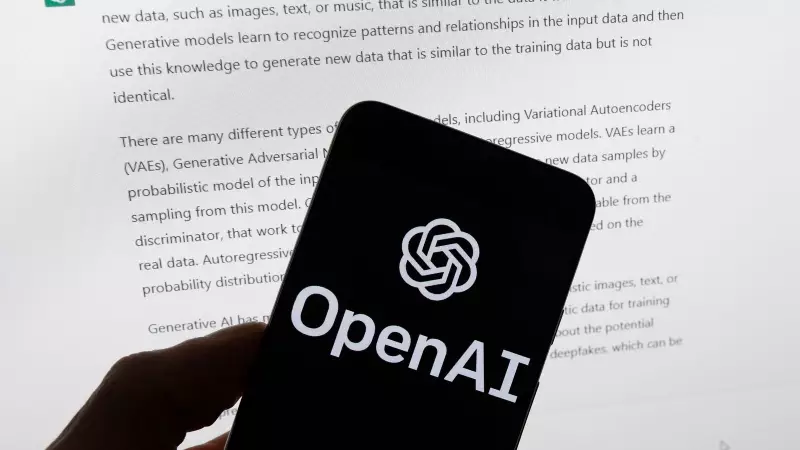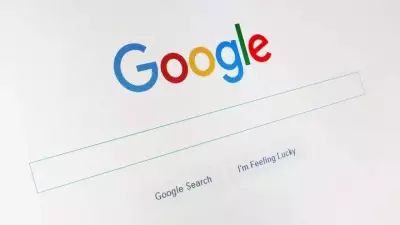
In a move that could potentially reshape the digital landscape, OpenAI is reportedly developing an artificial intelligence-powered web browser named 'Atlas,' positioning itself as a formidable challenger to Google's long-standing search dominance.
The ChatGPT Revolution Expands
Building on the massive success of ChatGPT, OpenAI's rumored Atlas browser represents the next frontier in AI integration. Unlike traditional search engines that provide lists of links, Atlas is expected to deliver comprehensive, conversational answers powered by advanced language models, potentially revolutionizing how users interact with information online.
Silicon Valley's Search War Intensifies
The development comes at a crucial time when major tech players are aggressively competing in the AI space. Google, Microsoft, and Apple have all been enhancing their AI capabilities, but OpenAI's potential entry into the browser market could create the most direct challenge yet to Google's search supremacy.
What makes Atlas particularly intriguing:
- Deep integration with ChatGPT's conversational capabilities
- Potential for real-time information processing
- Advanced natural language understanding
- Personalized search experiences
- Reduced dependency on traditional keyword-based searches
Global Implications for Internet Users
For millions of users in India and worldwide, this development could mean a fundamental shift in how they access information. The AI-driven approach promises more intuitive, context-aware responses rather than the conventional list of website links that currently dominates search experiences.
The Technical Edge
While specific details remain confidential, industry experts suggest that Atlas would leverage OpenAI's extensive experience in natural language processing and machine learning. The browser is expected to understand complex queries, provide synthesized answers, and offer a more seamless information retrieval process.
The timing is particularly significant as users increasingly seek more efficient ways to find information amid growing digital content overload. Traditional search methods, while effective, often require users to sift through multiple sources – a process that AI-powered solutions could streamline dramatically.
Market Disruption Potential
Google's near-monopoly in the search engine market has remained largely unchallenged for decades. However, OpenAI's track record of creating groundbreaking AI tools suggests that Atlas could be the first genuine threat to Google's dominance, potentially triggering a new era of innovation in web browsing and information retrieval.
The success of such a venture would depend on multiple factors, including user adoption, technological reliability, and the ability to provide consistently accurate information. Nevertheless, the mere possibility of a credible alternative to Google Search has already generated significant excitement within the tech community.





